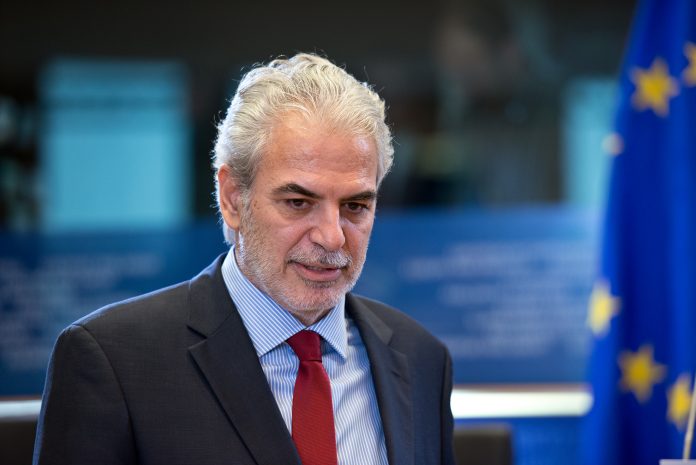The European Commission on November 23 presented new plans to strengthen Europe’s ability to deal with natural disasters.
The proposal is a central part of Commission President Jean-Claude Juncker‘s agenda of a Europe that protects.
“Europe can’t be on the side-lines when our member states suffer from natural disasters and need help,” said Juncker. “No country in Europe is immune to natural disasters which have sadly become the new normal. When a disaster strikes, I want the European Union to offer more than condolences. Europe is a continent of solidarity and we must be better prepared than before, and faster in helping our Member States on the frontline.”
In turn, Christos Stylianides, Commissioner for Humanitarian Aid and Crisis Management, said: “The tragedies of last summer and the past few years have shown that our current disaster response system has reached its limits in its existing voluntary format. The challenges we face have evolved, and so must we. It is a matter of solidarity and shared responsibility at all levels. This is what European citizens expect from us and I now look to European governments and the European Parliament to embrace this proposal.”
Strengthening European response capacities via rescEU is key. According to a European Commission press release, rescEU will include assets, such as firefighting aircraft and water pumping equipment, which will complement national capacities.
All costs and capacities of rescEU would be fully covered by EU financing, with the Commission retaining the operational control of these assets and deciding on their deployment.
The EU’s Civil Protection Mechanism is currently based on a voluntary system, through which the EU coordinates the voluntary contributions of participating states to a country that has requested assistance.
2017 has seen a wide range of disasters. In total, over 200 people were killed by natural disasters in Europe in 2017. But natural disasters have also a severe economic impact.
The EU Civil Protection Mechanism includes all EU Member States as well as several other participating states outside the EU, namely, Iceland, Norway, Serbia, the former Yugoslav Republic of Macedonia, Montenegro and Turkey. rescEU would be extended to these participating states as a sign of European solidarity.

